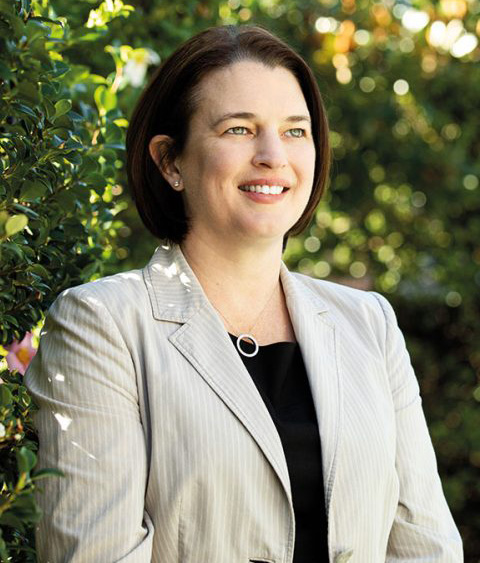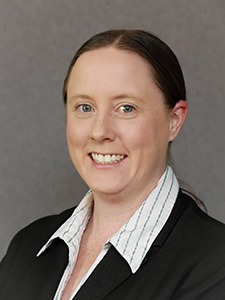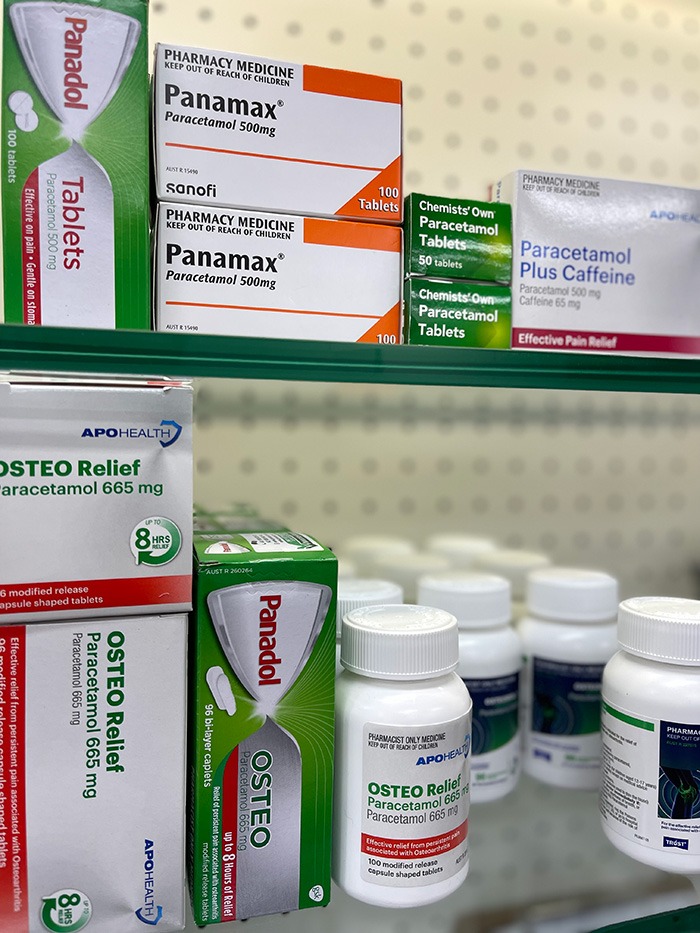Rabies causes an estimated 59,000 deaths annually, with almost half (40%) deaths occurring in children under 15. But underreporting could mean this death rate is much higher.
Post COVID-19, there has been an increase in rabies cases – with the abandonment of pets and a reduction in human-dog interaction leading to heightened aggression in dogs – who are responsible for most human rabies cases. Rabies hotspots include Asia, Africa and India, but 150 countries are considered high-risk rabies territories.
As we approach the winter school holidays and Australians escape the cold by heading overseas, pharmacists in New South Wales can now protect patients against the disease.
PSA advocacy was the key driver for the change to the NSW Pharmacist Vaccination Standards to allow pharmacists to administer the rabies vaccine, with the NSW Branch Committee working closely with the Ministry of Health to drive the change, said PSA NSW State Manager Amanda Fairjones MPS.

‘When undertaking travel health consultations, our members told us that it was the most common travel vaccine they were referring people back to their GP for,’ she said. ‘People were asking for it but we were unable to provide it.’
Having the vaccine available provides a great opportunity for pharmacists to sit down and have a chat to people about their travel vaccination needs, said Karen Carter FPS, Partner of Carter’s Pharmacy Gunnedah and Owner Narrabri Pharmacy Narrabri in north-west NSW.
‘Because of the regime with some vaccines, we need to have them all done on one day or a week apart,’ she said. ‘ Now we can organise a vaccine regime to be completed at the pharmacy, rather than having to send patients back to their GP for part of it.’
Who is the vaccine indicated for?
Under the NSW Pharmacist Vaccination Standards, pharmacists can administer the rabies vaccine for pre-exposure prophylaxis treatment via intramuscular injection to people 5 years and over who are not immunocompromised.
‘When undertaking travel health consultations, our members told us that it was the most common travel vaccine they were referring people back to their GP for. People were asking for it but we were unable to provide it.’
amanda fairjones MPS
The Australian Immunisation Handbook (AIH), recommends pre-exposure rabies vaccine for:
- people who have contact with bats
- people who travel to rabies-enzootic regions, based on a risk assessment
- laboratory workers who work with live lyssaviruses.
The vaccine is not included in the National Immunisation Program schedule, and is available as a private vaccine only.
When should patients get vaccinated?
Patients should consider pre-exposure prophylaxis to rabies at least 1 month prior to travel, with the vaccine schedule comprising three doses on days 0, 7 and 21–28.
When there is not enough time to comply with the three dose schedule, a two dose schedule is possible. A third dose can be administered upon return from travel (if timing as per 3 dose schedule permits) or at 1 year after the first dose if future risk is likely.
The AIH states that the rabies vaccines can be co-administered with other vaccines, using separate injection sites.
How can pharmacists prepare?
Pharmacists must familiarise themselves with the AIH prior to administering the vaccine, said Ms Fairjones.
‘As part of the NSW standards, pharmacists are required to follow the advice in the AIH and the Therapeutic Goods Administration approved Product Information,’ she added.
Pharmacists can also get up to speed on administration of the vaccine by undertaking PSA’s Immunisation online refresher course – which includes training about rabies and other lyssaviruses, as well as the rabies vaccine.
What counselling advice is required?
It’s important that pharmacists educate patients about first aid and medical assessment for any potential exposure to rabies or Australian Bat Lyssavirus regardless of having been vaccinated, advised Ms Fairjones.
‘Our advice is that prevention is better than cure,’ said Ms Carter. ‘But if people do get bitten while overseas, they should seek medical advice, if not overseas, as soon as they come back.’

Post-exposure prophylaxis includes wound management, administration of rabies vaccine doses and human rabies immunoglobulin, taking into account:
- the extent and animal source of the exposure
- patients’ immune status
- vaccination history.
Pharmacists should also counsel patients about how to avoid potential exposure to rabies while travelling, regardless of vaccination status.
‘Counselling points include avoiding contact with animals, especially dogs, cats, and monkeys, and taking care to avoid bites or scratches,” said Ms. Fairjones. ‘Patients, particularly children, should generally avoid feeding, playing with, and petting animals.’
While Ms Carter is yet to administer the rabies vaccine for pre-exposure, now that it’s available she plans to speak about it with patients.
‘When people often come in and ask, “I’m going to this country. What do I need?” we can sit down, go through it with them and also talk about what else they need in their travel kit, such as fluid replacement, medicines for traveller’s diarrhoea and a basic wound care first aid kit for cuts and grazes,’ she said.
Second RSV vaccine available for NSW pharmacists
Meanwhile, the NSW Vaccination Standards were also updated to allow pharmacists to administer Pfizer’s Respiratory syncytial virus (RSV) vaccine Abrysvo – following approval to administer GSK’s Arexy earlier this year.
While the standards list both Arexy and Abrysvo for people aged 60 years and over, Abrysvo is also registered for use in pregnant people.
However, Australian Technical Advisory Group on Immunisation (ATAGI) recommendations on the use of the vaccine are yet to be released, with a spokesperson from Pfizer informing Australian Pharmacist that stock will be available from July 1, 2024.
‘To administer RSV vaccines pharmacist immunisers need to comply with the TGA Product Information and ATAGI advice,’ said Ms Fairjones. ‘Once stock is available and the ATAGI advice has been published, they can administer it.’
What about pharmacists in other states?
If a prescriber writes a prescription for a vaccine – including the rabies vaccine – pharmacists are able to administer it in all states and territories other than Tasmania and South Australia.
However, in the case of the rabies vaccine, in Tasmania, authorised pharmacist immunisers can administer the rabies vaccine when prescribed by a medical or nurse practitioner.



 PSA National President Associate Professor Fei Sim and Ged Kearney, Assistant Minister for Health and Aged Care Assistant Minister for Indigenous Health[/caption]
PSA National President Associate Professor Fei Sim and Ged Kearney, Assistant Minister for Health and Aged Care Assistant Minister for Indigenous Health[/caption]




 Pharmacists can help to reduce the amount of surplus paracetamol available in homes by being ‘champions for the change’, said Peter Guthrey MPS, PSA Senior Pharmacist – Strategic Policy.
Pharmacists can help to reduce the amount of surplus paracetamol available in homes by being ‘champions for the change’, said Peter Guthrey MPS, PSA Senior Pharmacist – Strategic Policy.

 What are the main vaccine-preventable diseases of concern for VFR travel?
What are the main vaccine-preventable diseases of concern for VFR travel?





